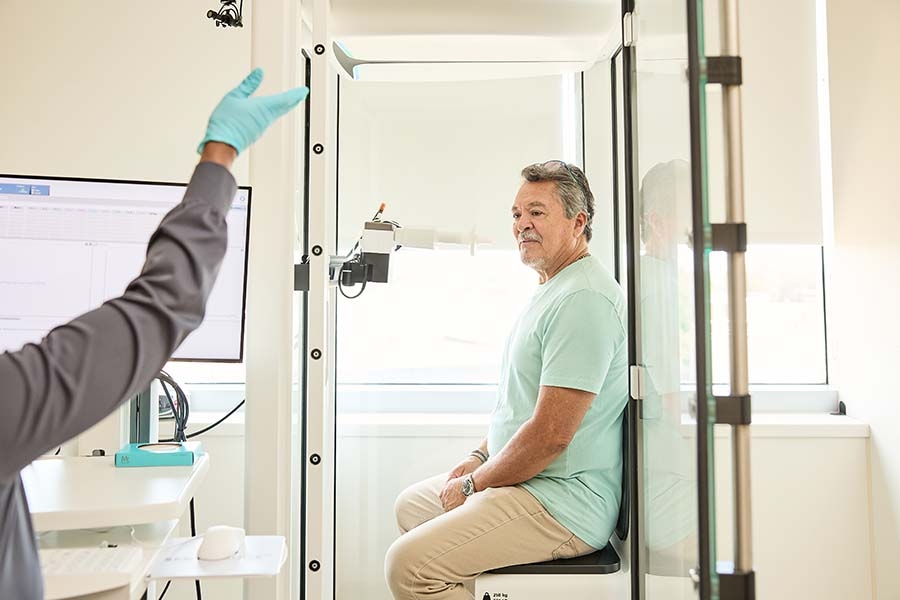Your voice is like breathing – it’s something you don’t think about until something goes wrong. But like breathing, your voice is affected by things you do every day and by your environment. This is especially true for people who use their voices a lot – teachers, singers, sales reps, ministers, actors and coaches to name a few.
To maintain a strong and healthy voice, consider practicing good vocal hygiene – a funny sounding term that really just refers to how you take care of your voice. This includes being mindful of the demand you place on your voice, caring for the structures inside your throat, and using your voice box safely with proper vocal techniques.
If you rely on your voice more than the average person, these five habits can help you maintain good vocal hygiene:
- Stay hydrated - Drink more than 50 ounces of water every day. To make sure you hit this target, keep water with you throughout the day and sip it frequently. You may also want to invest in a bedside humidifier to keep your nose, lips, and throat moist throughout the night.
- Limit caffeine and alcohol - The caffeine in coffee, tea, and soda can make your throat dry and irritated. Alcohol can also dry your throat and contribute to mucous build-up, which further irritates the throat. Cut down on these symptoms by eliminating caffeine and alcohol from your diet.
- Don’t smoke - Smoking and secondhand smoke can cause permanent damage to your vocal folds.
- Eat a healthy diet - Believe it or not, the food you eat has just as much of an impact on your voice as beverages. Try to avoid spicy foods, manage heartburn or reflux, and stop eating 60 to 90 minutes before going to bed.
- Avoid harmful vocal sounds - Excessive yelling or screaming can damage the vocal folds. Frequently clearing your throat can have the same effect. When you feel the need to clear your throat, try swallowing hard or taking a sip of water instead.
If you experience persistent hoarseness or any change to your speaking or singing voice that lasts longer than two weeks, you should consider an evaluation at the Temple Voice, Airway & Swallowing Center. At our Center, a Speech Pathologist and Laryngologist will evaluate your voice and recommend treatments based on your individual voice-use needs.

